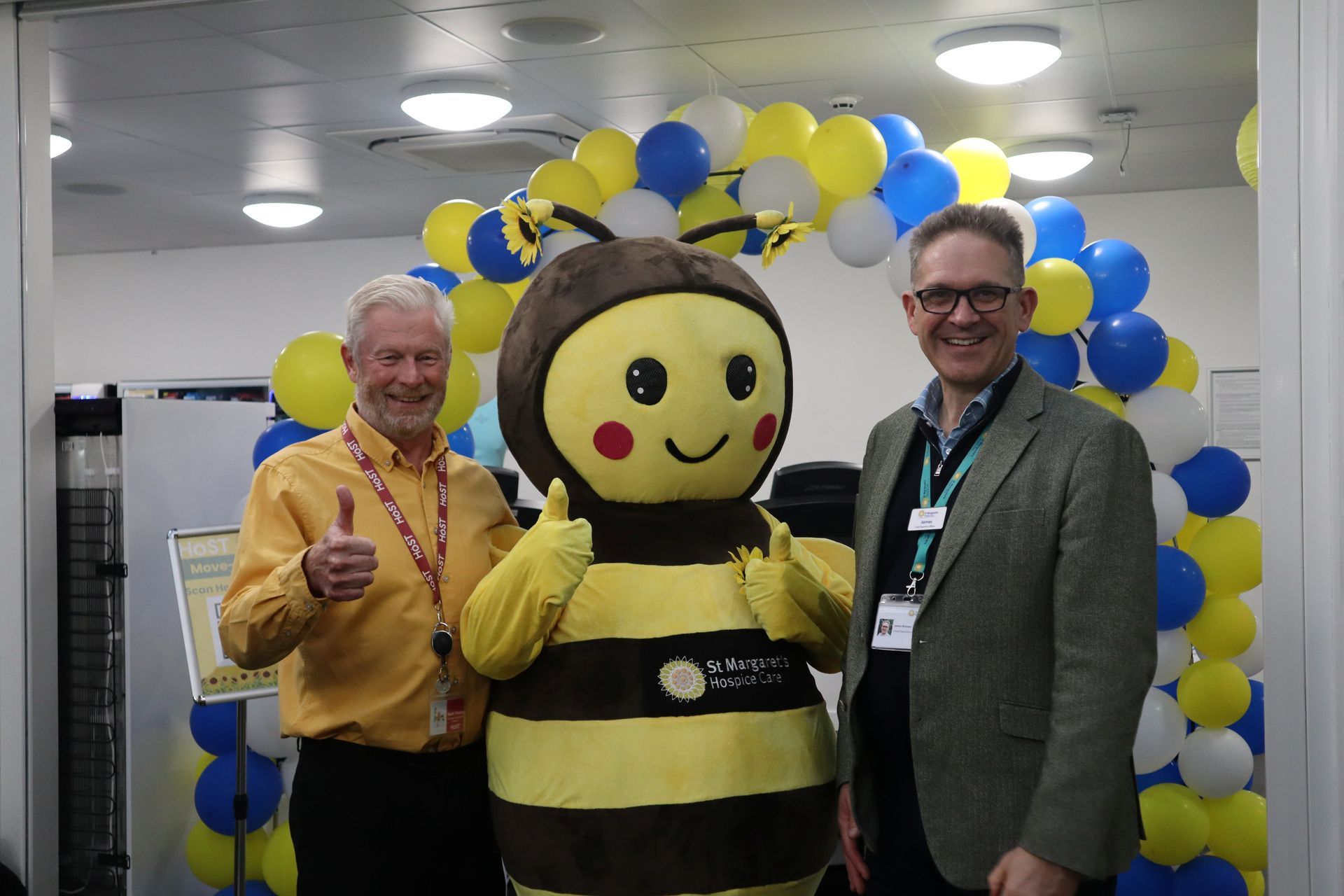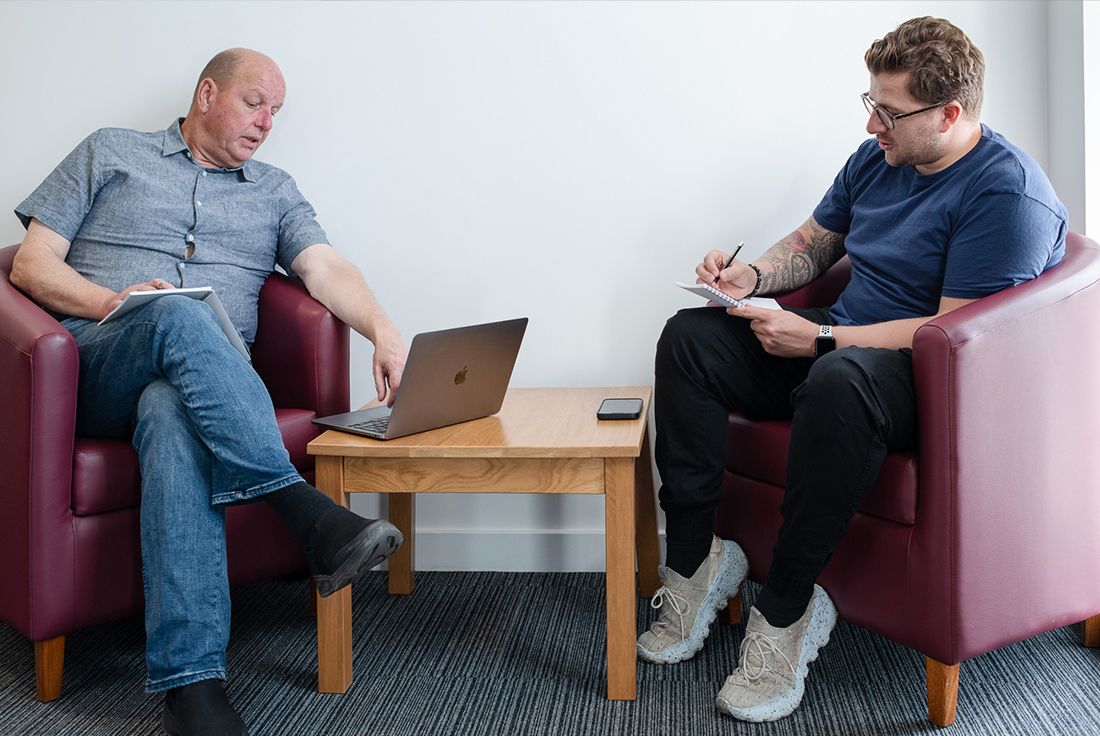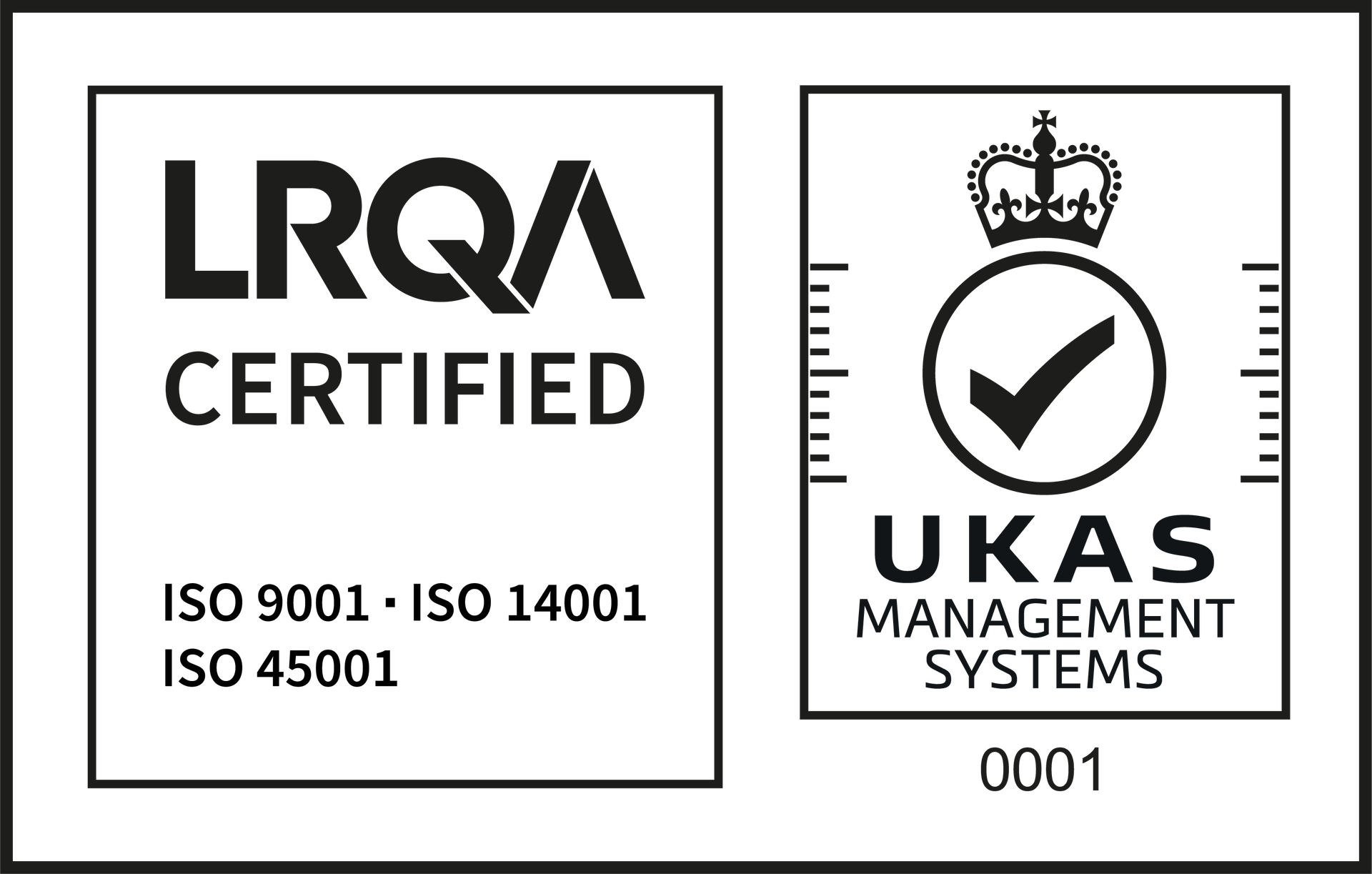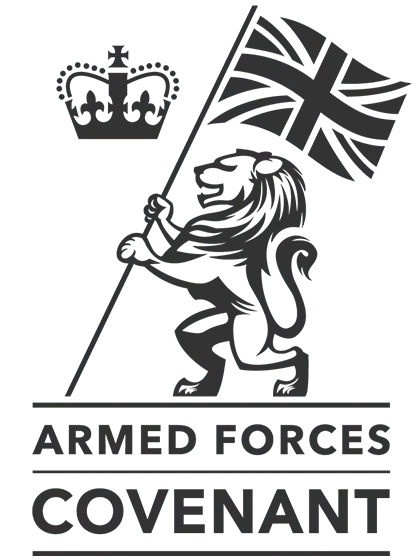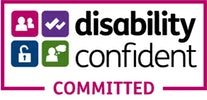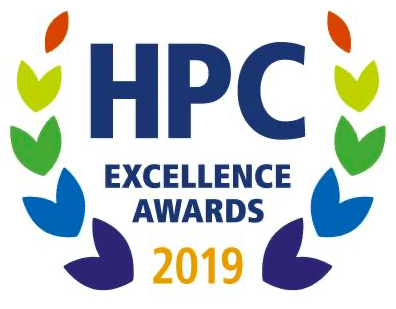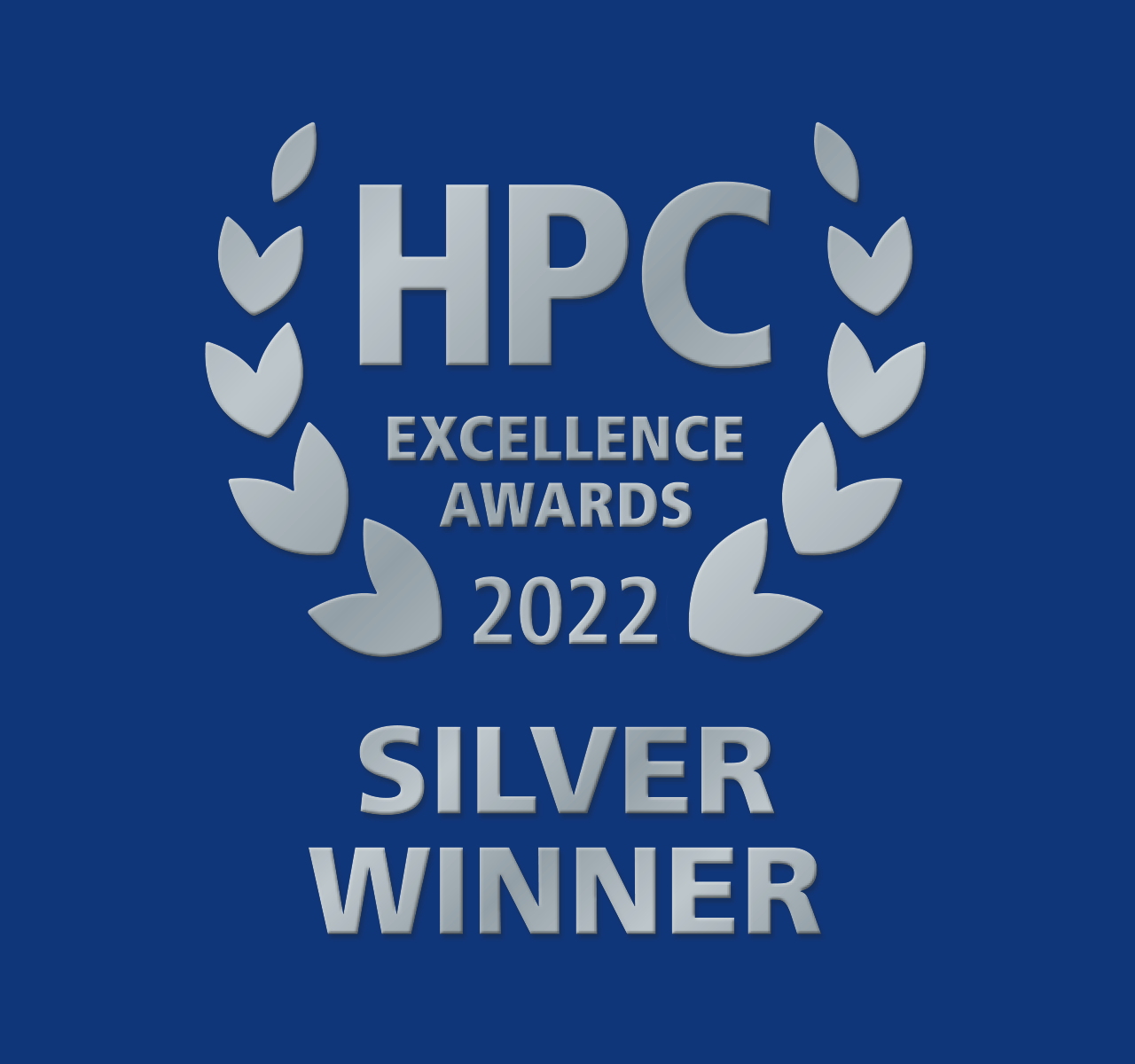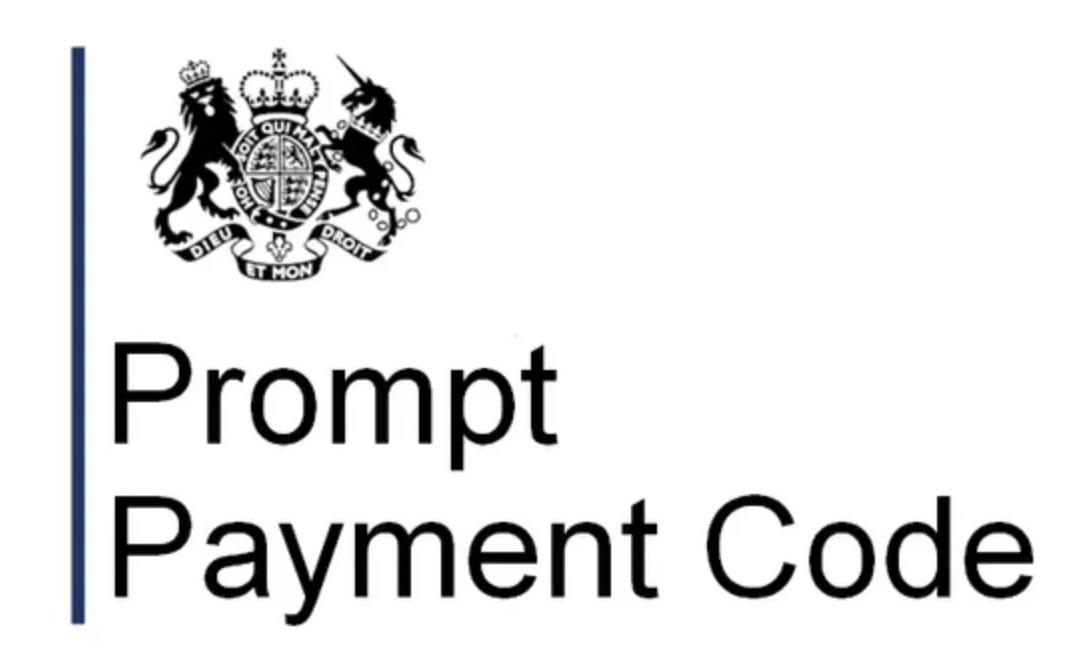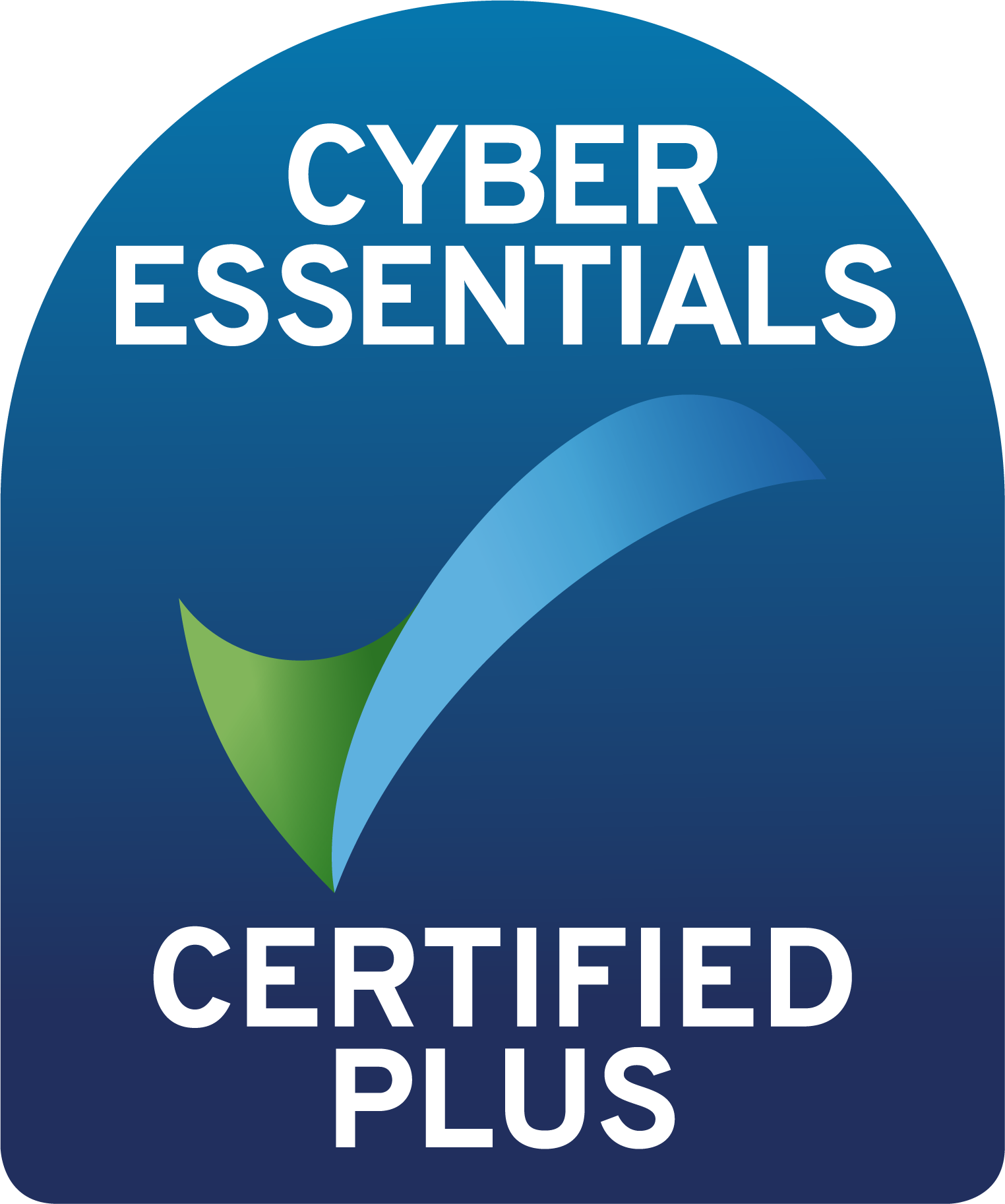Teamwork and communication are key to the successful delivery of safe worker accommodation during a pandemic.
Covid-19 has thrown the industry many challenges, but HOST’s approach to the pandemic has enabled a ‘business-as-usual approach’. Existing procedures implemented in late 2019 has meant HOST has been able to operate normally, with high levels of occupancy throughout the pandemic, which is testament to the fantastic team efforts of everyone at HOST 2 Limited.
Here, HOST’s campus Operations Director, Mark Flinton, explains how he and his team have worked together to ensure guest health and safety are number one.
To reach full occupancy during the challenges of a global pandemic is an impressive achievement. How would you summarise your approach to this?
The Hinkley Point C project was listed as Critical National Infrastructure by the Government which allowed us to remain fully operational, enabling construction to continue, since the first lockdown in March 2020. For that we are very grateful. However, this meant we had to respond very quickly to provide an environment that was safe and secure for the workforce.
Key to this was implementing social distancing and additional safety measures, bespoke training and importantly communication. Through weekly emails we updated our team and guests on latest guidelines and actions we were conducting to reassure them their stay was safe.
Because of this response, we enhanced our reputation for providing a safe home-from-home environment which provided our guests with the confidence to keep returning.
How were your campuses set up prior to the pandemic? Did this preparation play a part in your response to Covid-19?
We already had viral outbreak procedures in place. This helped significantly with our preparedness for the pandemic.
As a standard, all public areas are cleaned every two hours and sanitising stations have been installed throughout our spaces. We then added social distancing measures and protective screens as well as thermal cameras in the restaurants to screen everyone that came in.
How did you communicate with the guests staying at the campus, especially so early on in the pandemic, when symptoms, testing and guidelines were so uncertain?
We sent out regular emails to guests and contacts, keeping them fully up to speed on guidelines and the various changes throughout this period. The benefit of being an element of the Hinkley Point C Project was that both us and the project shared coordinated messaging about new government guidelines and changes in the way we must use the campuses in order to comply. Everyone who works on the Hinkley Point C Project signs up to a code of conduct which means that new rules have to be adhered to.
Whilst keeping guests’ physical health high on the list of importance, how did you support their mental health too?
Many of our guests are working away from home for long periods of time so it’s important we create a place they feel at home. We take positive and proactive measures to maintain good mental health and share weekly mental health and wellbeing updates – with tips on how to cope under these particular circumstances.
We set up outdoor activities such as chess and table tennis, which could be played safely and within small numbers while still social distancing. We shared online activities, such as quizzes, Sudoku etc., and virtual tours of F1 and major football stadiums which could be streamed through YouTube. These were small ways of engaging with the guests and showing we were there with them, particularly if they were feeling low.
We also have support from the GMB Union and 24-hour mental health and wellbeing first aiders on hand. Even our front desk is trained to deal with certain issues and anxieties – they are familiar faces for our guests and it’s important they know how to identify and respond to people struggling.
In addition to your guests, how did you support your own workforce?
We sent regular questionnaires to the team to ask them to identify any concerns or issues and what they would need from us in return. An open dialogue was essential and often it was fed back how the team felt safe at work – more so perhaps than external venues.
Other than full occupancy, what would you say your biggest achievement has been over the last year?
In addition to this we have been able to support the local community through the pandemic from helping to provide a local care home with PPE and food supplies, to temporarily accommodating public service workers during the first lockdown. Within our own supply chain - 70 per cent of whom are Somerset based - we introduced a weekly management call to discuss the latest government schemes including furlough and CBILs, and how we could best share information to achieve the best outcomes for our companies. We also introduced shorter payment terms and reviewed working schedules.
With light at the end of the tunnel now with a possible vaccine for the virus, what do you expect from the future?
Initially, maintaining the level of sanitising and cleaning required was a challenge, but this has set a new standard moving forward that won’t change. We’ll encourage continued close collaboration and communication with the supply chain, our team, and guests which will be a crucial part of running this campus safely.

